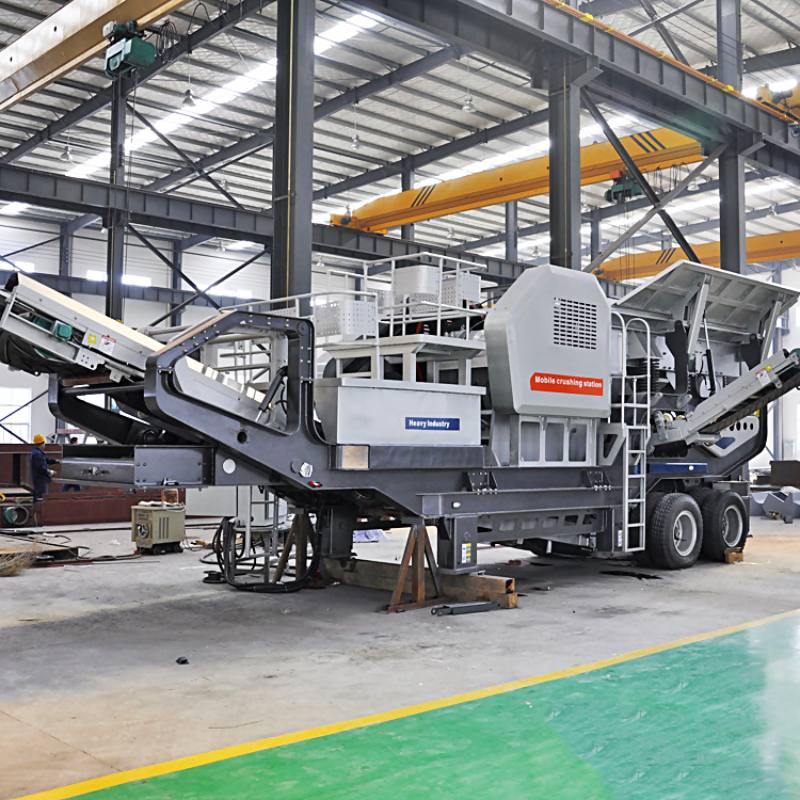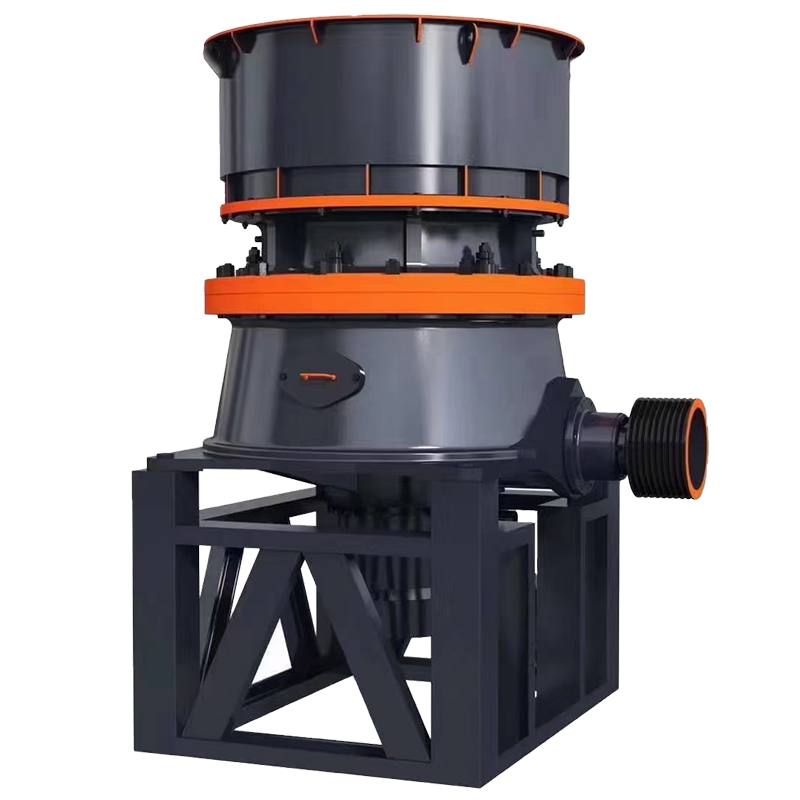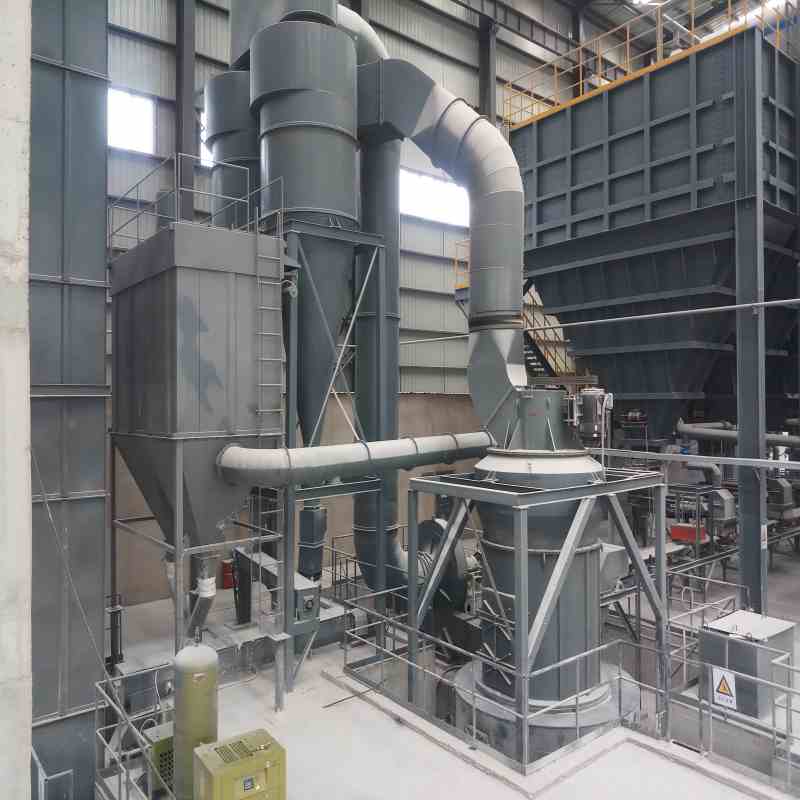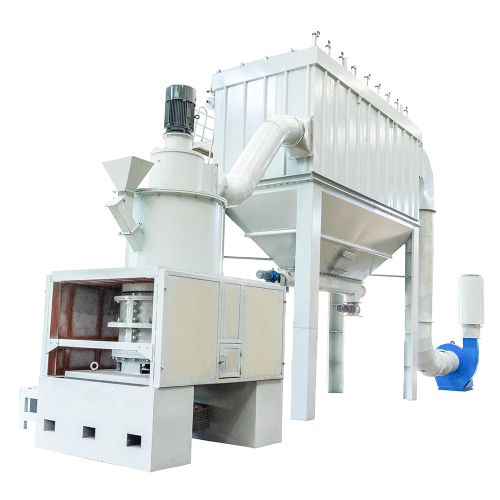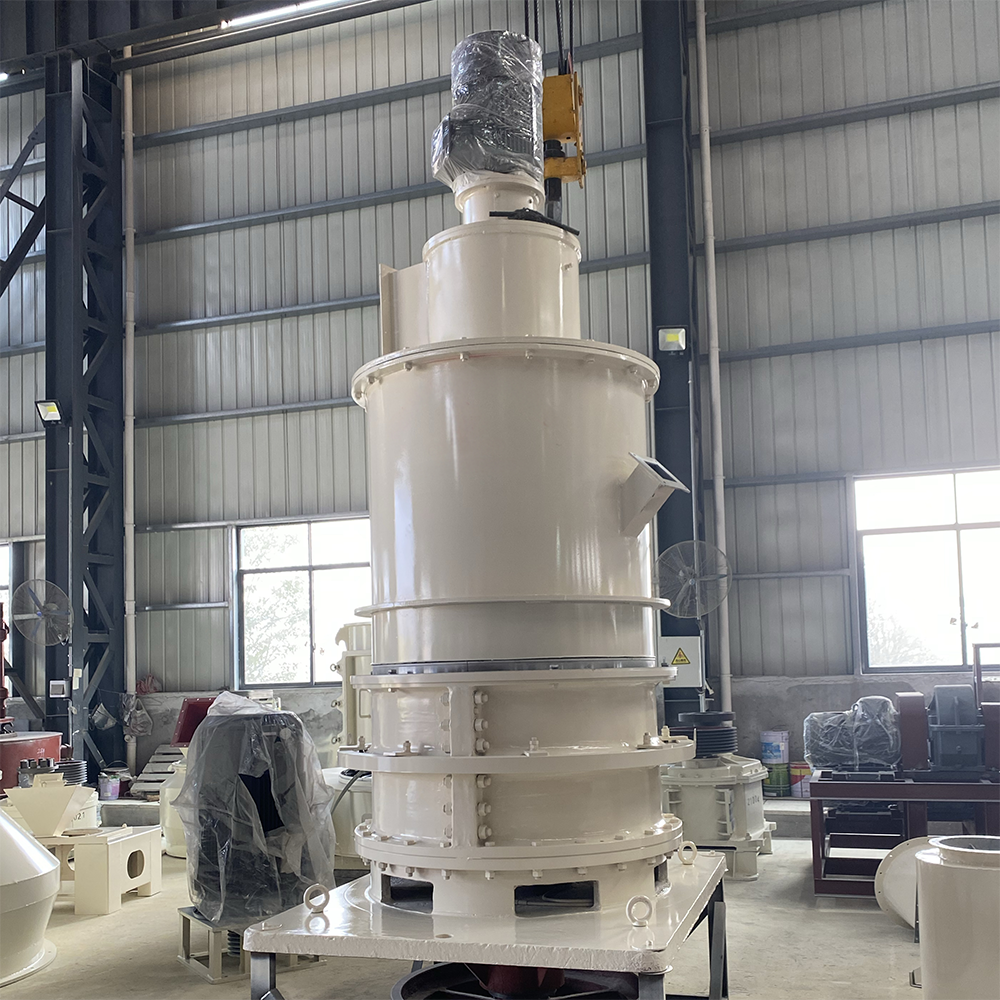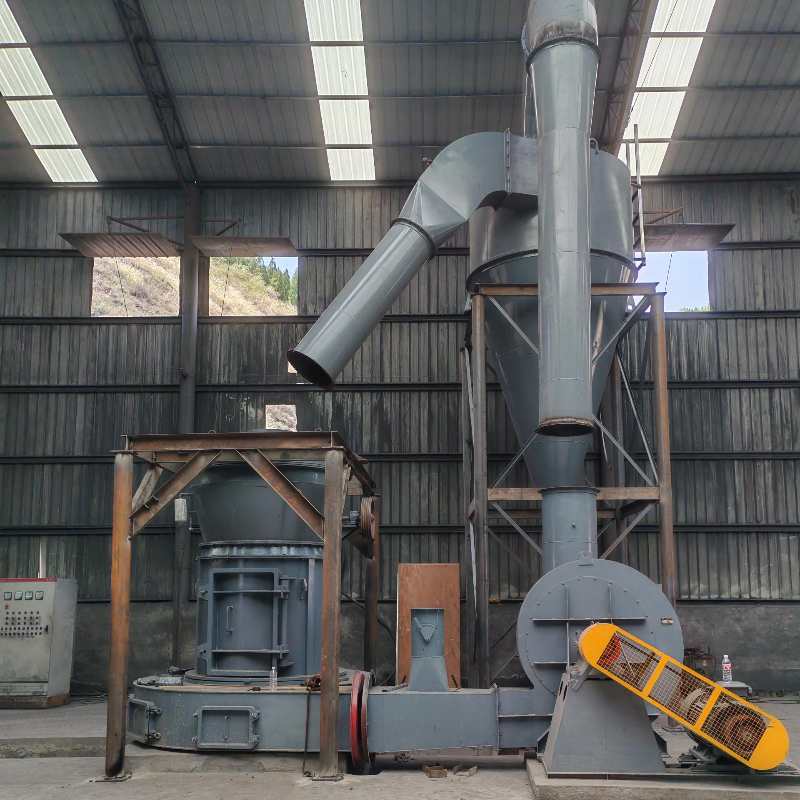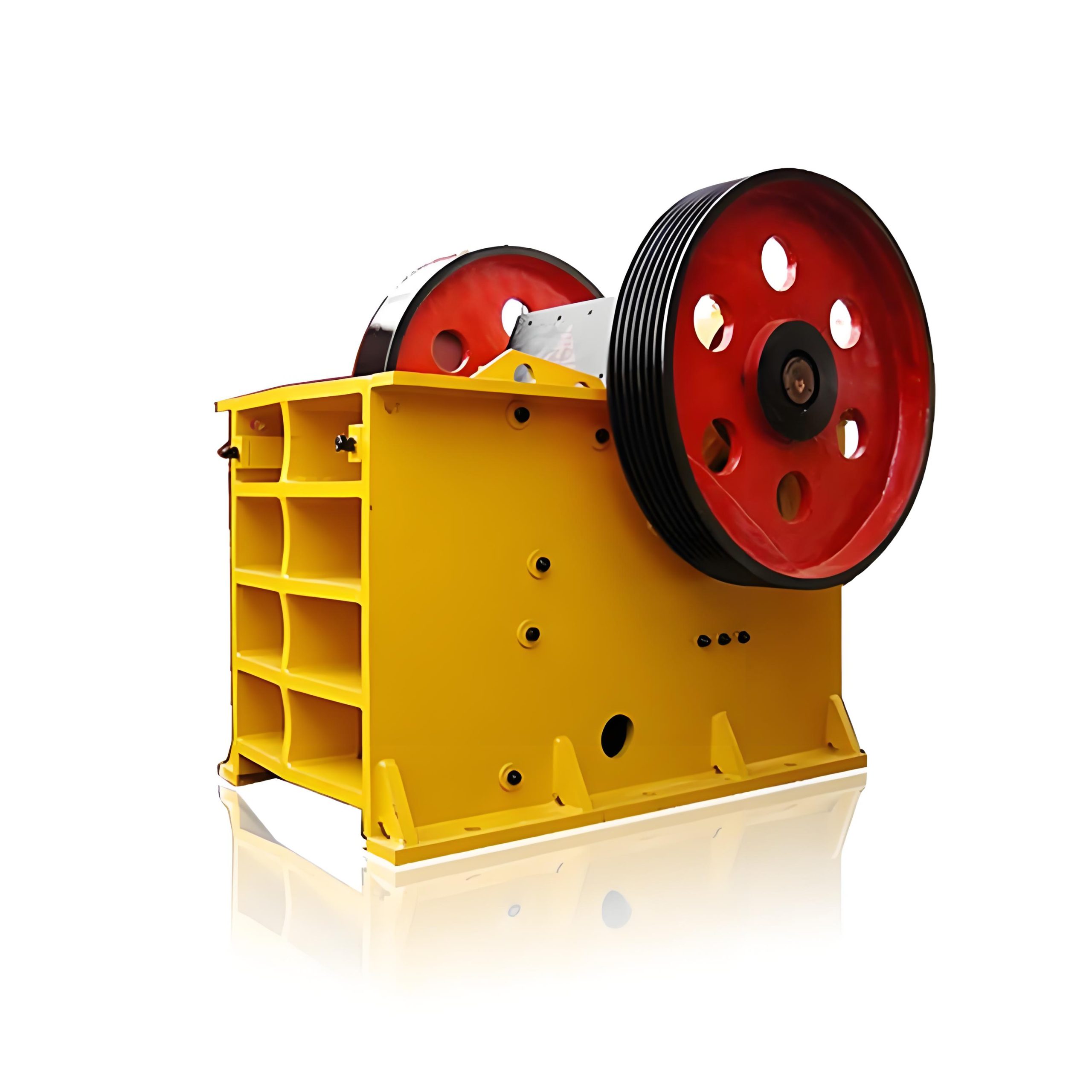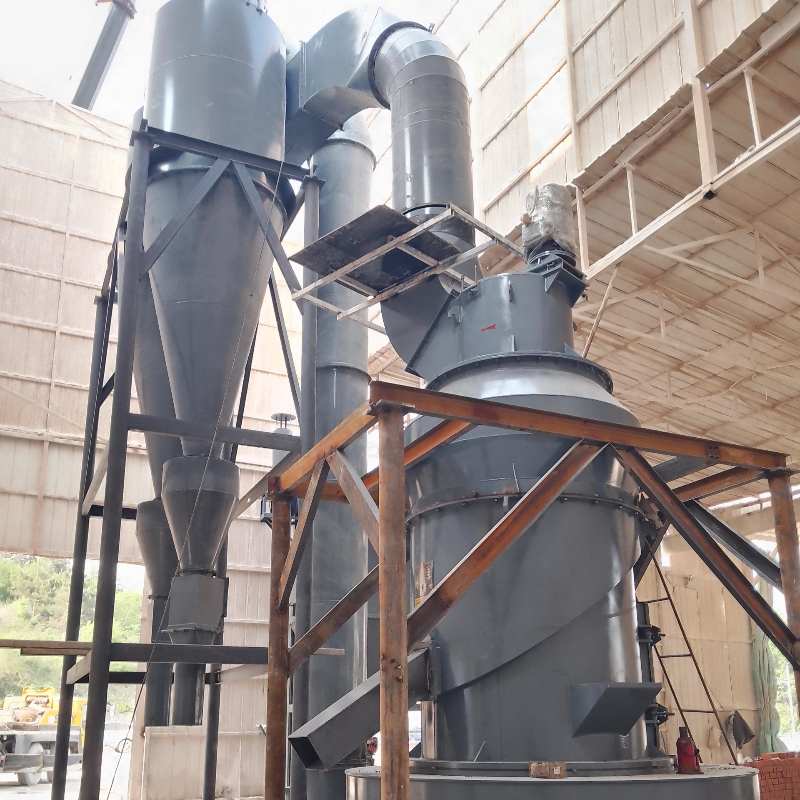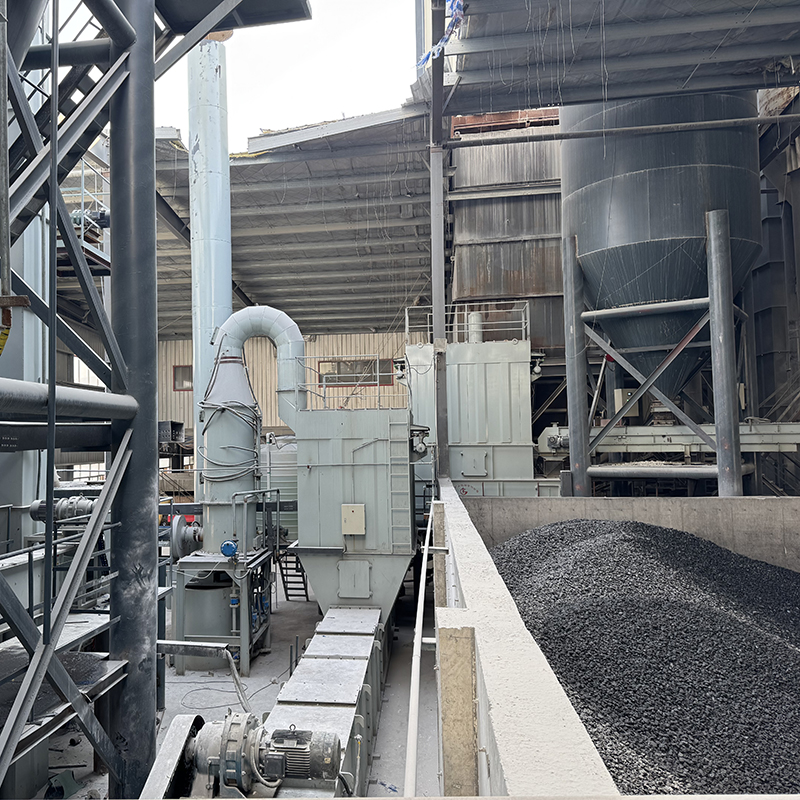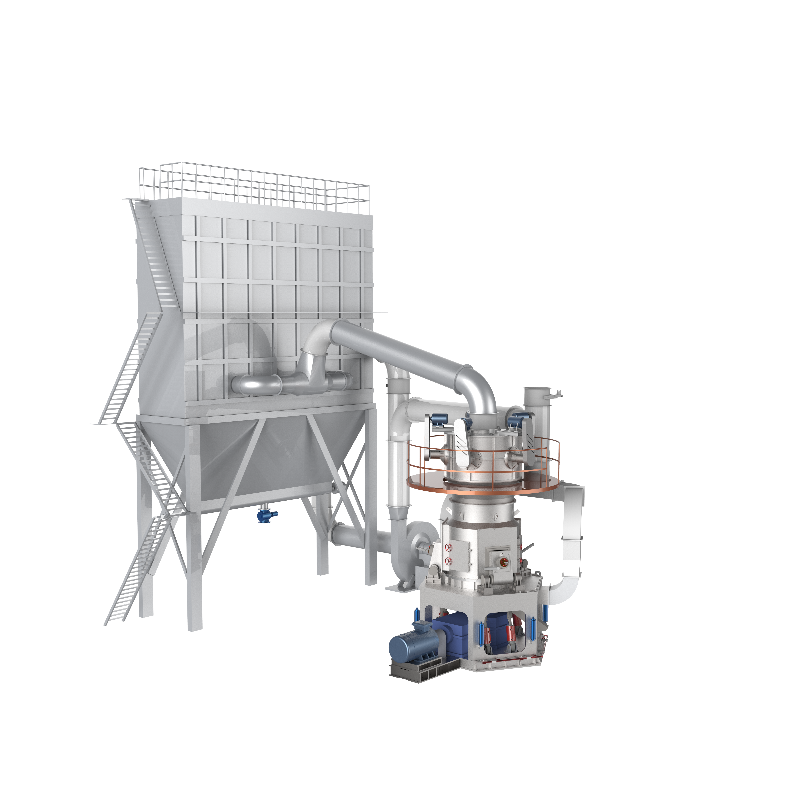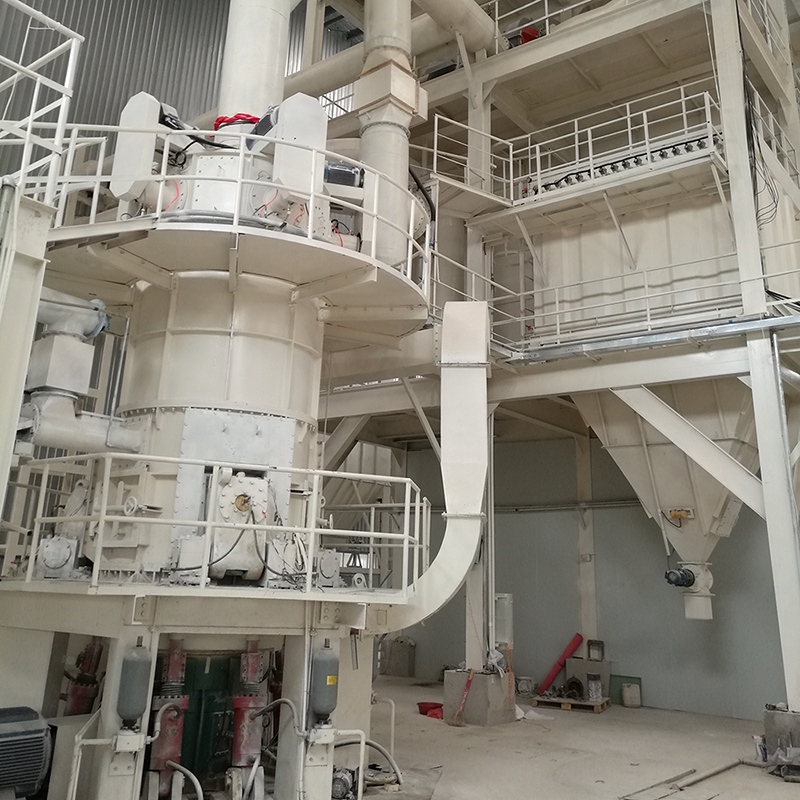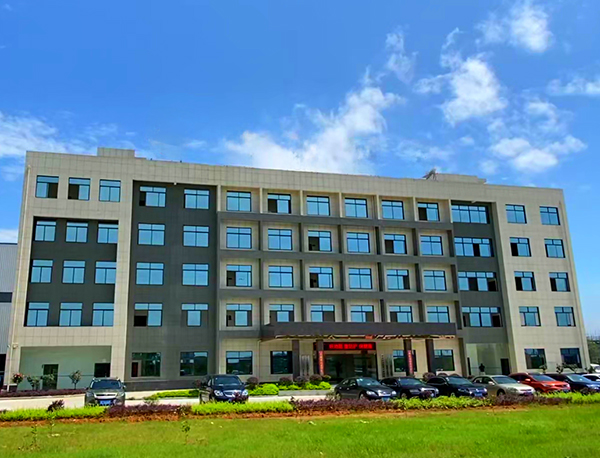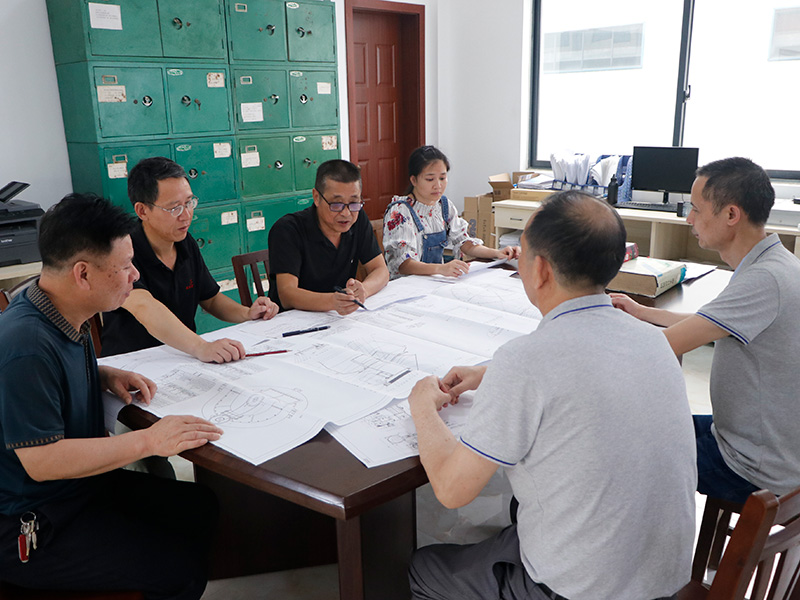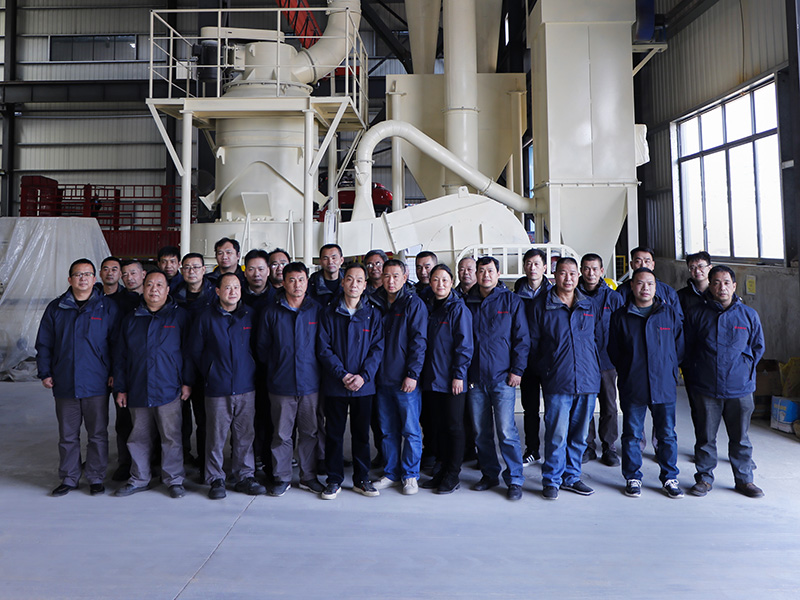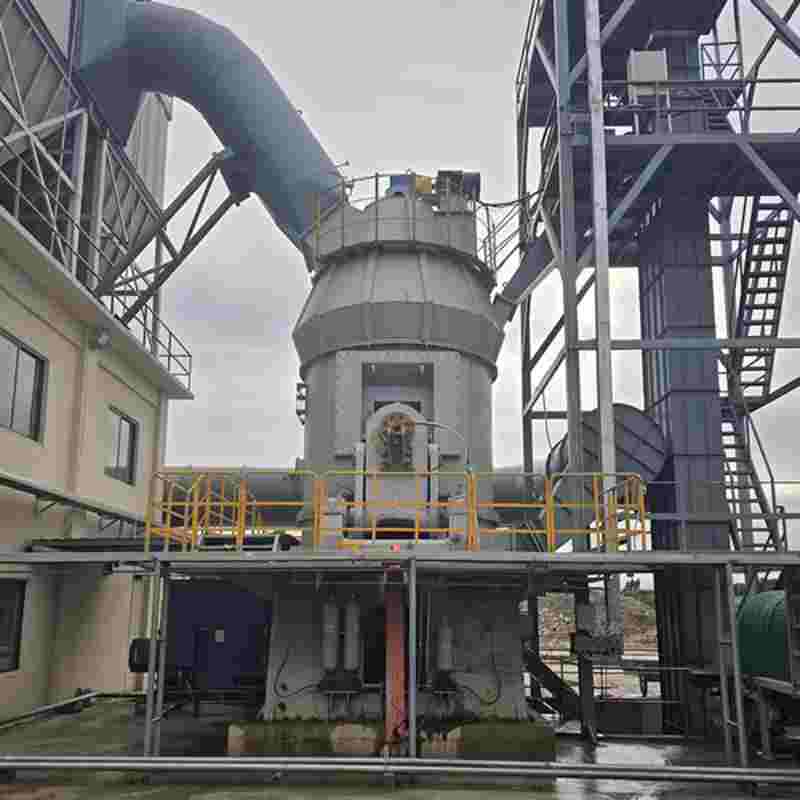
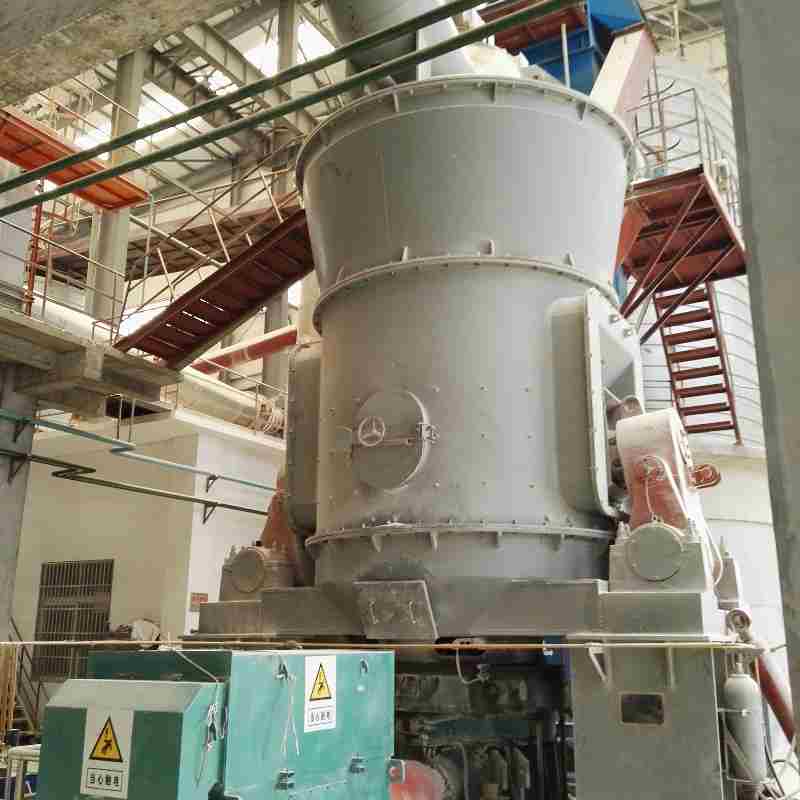
Limestone powder is an important mineral material widely used in a variety of fields, including construction, engineering, metallurgy, chemical engineering, and environmental protection. This article will explore the production process of limestone powder and its various uses.
Limestone Production Process
The main steps in producing limestone powder include mining, ore crushing, grinding, grading, drying, and packaging. The following is an overview of the production process:
- Mining: Limestone ore must first be mined from underground or open-pit deposits. Mining methods vary depending on the nature of the ore deposit and its geographical conditions.
- Ore Crushing: After mining, limestone ore often undergoes a crushing process to break it down into smaller particles for easier processing.
- Grinding: The crushed limestone ore is then fed into a grinding machine, typically a mill. The mill further refines the limestone ore into limestone powder.
- Classification: Limestone fines may need to be classified by passing them through screens or air classifiers to ensure the resulting particle size is within the desired range.
- Drying: During the production process, limestone fines are typically dried to remove moisture and improve their stability and durability.
- Packaging: Finally, the limestone fines are packaged into bags or bulk products of varying sizes for sale and transportation.
Applications of Limestone Fines
Limestone fines have a wide range of uses in various industrial and construction fields. The following are some of the main applications:
- Building Materials: Limestone fines are used as a key component of building materials. They can be used to produce limestone blocks, concrete, gypsum board, and limestone mortar, all of which are widely used in construction and road construction.
- Metallurgy: Limestone fines are used in the metallurgical industry as a flux and reducing agent in iron and steelmaking. They help remove non-metallic impurities and improve the quality and purity of the metals.
- Chemical Industry: Limestone powder is an important raw material for the production of chemicals, pharmaceuticals, and fertilizers. It is used to produce chemicals such as lime, limewater, and calcium hydroxide.
- Environmental Protection: Limestone powder is used in wastewater treatment and flue gas desulfurization. It neutralizes acidic substances in wastewater, purifies it, and can also capture harmful gases such as sulfur dioxide during combustion.
- Agriculture: Limestone powder is used in agriculture for soil improvement. It neutralizes acidic soils, provides nutrients such as calcium and magnesium, and improves soil structure, thereby increasing crop yields.
- Other Applications: Limestone powder can also be used to make plastics, coatings, glass, paper, rubber, and other industrial products. It can also be used as an additive in food, pharmaceuticals, and cosmetics.
Overall, the production and diverse applications of limestone powder play a key role in multiple sectors. It not only helps improve industrial production efficiency but also contributes to comprehensive resource utilization and environmental protection.

Due to its wide range of uses, limestone powder will continue to play a vital role in the industrial and construction sectors, promoting sustainable development and resource conservation. Want to know more about ore ultrafine vertical mill, non-metallic ore production line details and equipment quotation; please contact online customer service directly
